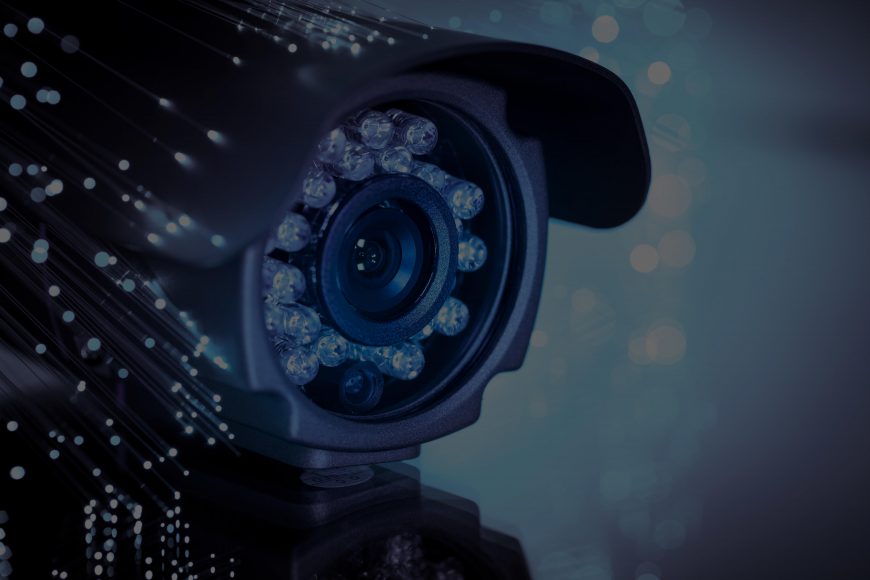Chinese CCTV cameras being used at British Army bases
Chinese CCTV cameras are being used at Army bases over a year since they should have been replaced, it has emerged.
The Ministry of Defence (MoD) directed in November 2021 that all cameras supplied by two Chinese firms with links to Beijing’s spy agencies should have been taken down.
The Chinese technology companies Hikvision and Dahua have long been linked with the People’s Liberation Army of China, although they deny handing any data to the Ministry of State Security, an internal spy agency.
However, as both companies are subject to China’s national intelligence law, they are required to hand over any information the country’s police and intelligence services require.
The controversial cameras are currently installed at sites including Hyde Park Barracks, home to the Household Cavalry Mounted Regiment, responsible for ceremonial duties including the upcoming Coronation of King Charles III on May 6.
Other locations include the Royal Artillery Barracks in Woolwich, south-east London, where the King’s Troop, Royal Horse Artillery is based.



